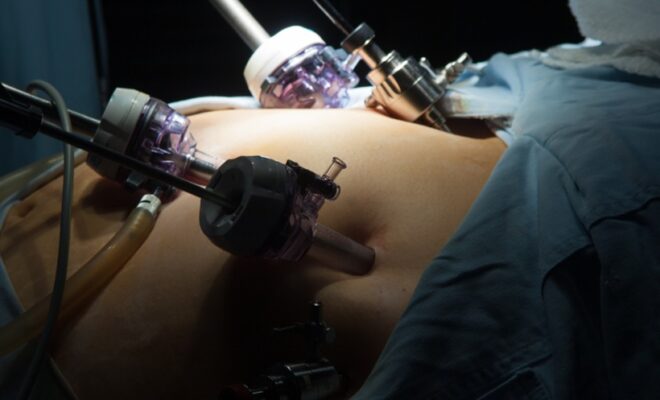Life After Gastric Bypass Surgery: What to Expect

Gastric bypass surgery is a weight loss procedure that involves reducing the size of the stomach and rerouting the digestive system. It is often recommended for individuals with obesity and related health conditions, such as diabetes and high blood pressure. Undergoing gastric bypass surgery in Cobb County is a significant and life-changing decision. Post-surgery, patients can expect a dramatic transformation in their lifestyle and health outcomes. In this article, we will discuss what to expect after undergoing gastric bypass surgery.
Adjusting to a New Diet
One of the primary adjustments post-surgery is adapting to new eating habits. Patients must eat smaller, more frequent meals to accommodate the reduced stomach size. Additionally, nutritional intake needs to be monitored carefully, focusing on proteins to support muscle maintenance and overall health. Adequate hydration also becomes crucial, as patients need to sip water throughout the day to stay hydrated without overfilling the stomach.
The Importance of Support Systems
A strong support system is vital for long-term success post-gastric bypass surgery. Engaging with support groups, healthcare providers, and nutritionists can provide the guidance and encouragement needed during the recovery and adjustment phases. Emotional support from friends and family also plays a critical role in maintaining motivation and adherence to new lifestyle habits.
Physical Activity and Exercise
Regular physical activity is necessary for maintaining weight loss and overall health after gastric bypass surgery. Patients are typically advised to begin with gentle exercises, such as walking, to gradually build up stamina and strength. As the body heals and adjusts, more vigorous activities can be introduced, including aerobic exercises, strength training, and flexibility exercises. Following a structured exercise plan not only aids in weight management but also enhances cardiovascular health and boosts mental well-being.
Monitoring Health and Regular Check-Ups
Regular check-ups with a healthcare provider are crucial post-surgery to monitor overall health and address any potential complications. Patients may also need to undergo blood tests or imaging exams that can help track progress and identify any nutrient deficiencies that require supplementation. These appointments also provide an opportunity to discuss any concerns or difficulties experienced during the recovery period.
Mental and Emotional Well-Being
Gastric bypass surgery not only brings physical changes but also emotional and mental shifts as individuals adjust to their new body and lifestyle. It is important to prioritize mental and emotional well-being during this time, as weight loss can bring about a range of emotions. Engaging in activities that promote relaxation and stress management, such as meditation or therapy, can help individuals cope with the changes and maintain overall wellness.
Conclusion
Life after gastric bypass surgery brings about significant adjustments and a renewed focus on health and wellness. There are various types of bariatric surgery, such as gastric bypass, sleeve gastrectomy, and gastric banding. Understanding the differences between these procedures and consulting with a healthcare provider can help individuals make informed decisions about their weight loss journey. To learn more about the various types of bariatric surgery, you may check out this blog. By understanding the benefits, patients can enjoy a healthier, more active lifestyle post-surgery.









